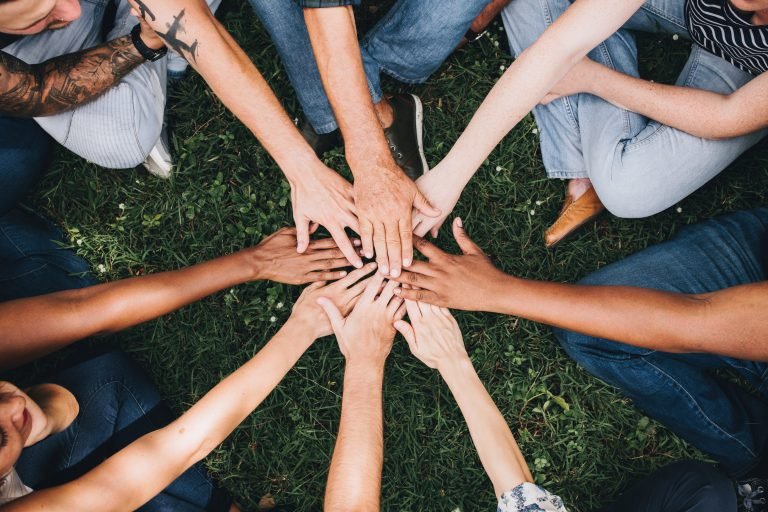Top Global Human Rights Issues
Global human rights issues continue to challenge societies around the world. Addressing these issues requires international cooperation, awareness, and proactive measures. This article explores some of the top global human rights issues that demand urgent attention and action.
Key Global Human Rights Issues
The Crisis of Refugee Rights
One of the most pressing global human rights issues is the plight of refugees. Millions of people are forced to flee their homes due to conflicts, persecution, and natural disasters. Refugees often face severe challenges, including inadequate living conditions, lack of access to basic services, and limited legal protection. Addressing the refugee crisis involves ensuring their safety, providing humanitarian aid, and supporting policies that promote their rights and integration.
Gender Inequality and Violence
Gender inequality remains a significant global human rights issue. Women and girls worldwide continue to face discrimination, violence, and limited opportunities. Issues such as gender-based violence, unequal pay, and restricted access to education and healthcare illustrate the pervasive nature of gender inequality. Efforts to combat these problems include promoting women’s rights, enforcing laws against violence, and advocating for equal opportunities in all aspects of life.

Other Critical Global Human Rights Issues
The Impact of Climate Change on Vulnerable Communities
Climate change is increasingly recognized as a global human rights issue. The environmental changes resulting from climate change disproportionately affect vulnerable communities, including low-income populations and indigenous groups. These communities often face displacement, loss of livelihoods, and health risks due to extreme weather events and environmental degradation. Addressing this issue requires comprehensive climate action, including sustainable development practices and support for affected communities.
Access to Healthcare and Education
Access to healthcare and education is another critical global human rights issue. Many people, particularly in low-income and conflict-affected regions, lack access to essential services. This disparity affects their quality of life and perpetuates cycles of poverty and inequality. Ensuring universal access to healthcare and education involves investing in infrastructure, supporting equitable policies, and addressing barriers that prevent access to these fundamental rights.
Addressing and Advocating for Human Rights
Promoting International Cooperation and Policy Change
Addressing global human rights issues often requires international cooperation and policy change. Governments, international organizations, and civil society groups must work together to create and enforce laws and agreements that protect human rights. Advocacy efforts at the international level can lead to significant improvements in human rights conditions and support for vulnerable populations.
Supporting Grassroots Movements and Organizations
Grassroots movements and organizations play a crucial role in addressing global human rights issues. These groups often work directly with affected communities to provide support, raise awareness, and advocate for change. Supporting grassroots initiatives through donations, volunteering, and amplifying their voices can help drive progress and ensure that local needs are addressed.
The Role of Education and Awareness
Educating the Public on Human Rights
Education is a powerful tool for addressing global human rights issues. Raising awareness about human rights through educational programs, media campaigns, and public events can foster a more informed and engaged society. Educating people about the importance of human rights and the specific issues facing different communities can lead to increased support for advocacy efforts and drive collective action.
Encouraging Responsible Consumption and Advocacy
Individuals can contribute to addressing global human rights issues by adopting responsible consumption practices and engaging in advocacy. Supporting companies and products that prioritize ethical practices, reducing personal environmental impact, and advocating for policies that promote human rights are ways to make a difference. Individual actions, when combined with broader efforts, can contribute to meaningful change.
Conclusion
Global human rights issues encompass a wide range of challenges that impact individuals and communities worldwide. From the refugee crisis and gender inequality to the effects of climate change and disparities in healthcare and education, addressing these issues requires concerted efforts from governments, organizations, and individuals. By promoting international cooperation, supporting grassroots movements, and fostering education and awareness, we can work towards resolving these critical issues and advancing human rights for all.



